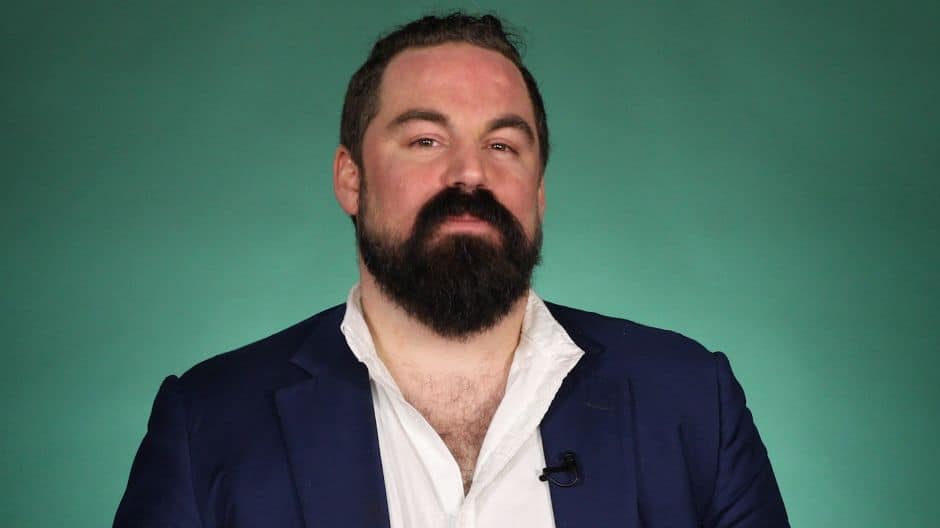
By the age of 30, Grant Sabatier had earned over $1 million through a combination of reducing his spending and boosting his income. Today, at 34, Sabatier is the founder of Millennial Money and author of “Financial Freedom: A Proven Path to All the Money You Will Ever Need.”
In addition to negotiating his marketing job salary, which started at $50,000, Sabatier worked up to 13 side hustles at a time to bring in more income, doing everything from flipping domain names to buying and selling Volkswagen campers.
And rather than sticking to a strict budget, Sabatier chose to minimize his biggest expenses without worrying about smaller costs, such as a cup of coffee or drinks with friends.
“Budgets are the worst,” he tells CNBC Make It. “In fact, I think budgets are the No. 1 thing holding back most people from saving and making as much money as possible.”
That’s because budgets typically focus on the nitty-gritty of where you can cut back and what you can give up.
“They reinforce a scarcity mindset,” explains Sabatier, because “the entire personal finance industry tells you that you need to cut out your latte or that glass of wine or the manicure that you get on a Wednesday night to de-stress after work. But it’s often those small things that make us the happiest.”
Sabatier says it’s not worth it to sweat minor expenses: ”$5 or $10 or $20 or even $100 here or there — it’s not going to make or break you.”
Instead, he advises people to focus on minimizing the top three things Americans spend the majority of their money on: Housing, transportation and food. “That’s actually where you’re going to get the biggest impact on your savings and your savings rate, by looking at optimizing those expenses — not the coffee along the way or the glass of wine or hanging out with your friends on a Thursday night,” he says.
When Sabatier was working to save his $1 million, he moved from a $1,500-per-month apartment into a slightly shabbier $700-per-month place, saving him a monthly total of $800. Over the course of three years, the choice banked him an extra $28,800. And by investing that extra money, it could potentially grow to nearly $175,000 in 30 years with a 6 percent rate of return, or to more than $300,000 with an 8 percent rate of return.
“That’s a huge amount of money just for moving from a nice apartment to a slightly less nice apartment in a different neighborhood,” he says.
Plus, Sabatier argues that if you keep your housing, transportation and food costs as low as possible, you’ll have saved enough to justify the trivial purchases that bring you joy. “Go out to that basketball game, go grab beers with your friends, go get that mani-pedi because those are going to be the things that make you happiest,” he says.
Sabatier isn’t alone. Some money experts, like Ramit Sethi and David Bach, agree that traditional budgets aren’t ideal.
Sethi argues that cutting back on indulgent purchases, such as daily cups of coffee or avocado toast, won’t make you wealthy because “you can’t cut your way to growth.”
He recommends focusing on the other side of the equation. “There’s a limit to how much you can cut, but there is no limit to how much you can earn,” he tells CNBC Make It.
Although Bach says that cutting back on little expenditures can set you up to build wealth, he still believes that traditional budgets aren’t helpful for many people. Instead, he advocates a system where you pay yourself first.
The first dollars out of your paycheck should go to your retirement accounts, investments and savings, Bach says. After you’ve met those responsibilities, he advises taking care of all of your other non-negotiable payments, including rent or mortgage, utility bills, insurance and car payments. Then live off of whatever is left.
But no matter which strategy you choose, it comes down to figuring out a system that works for you. As Sabatier puts it, the core idea behind budgeting is to “find a balance of saving and spending that ultimately maximizes your happiness per dollar.”


